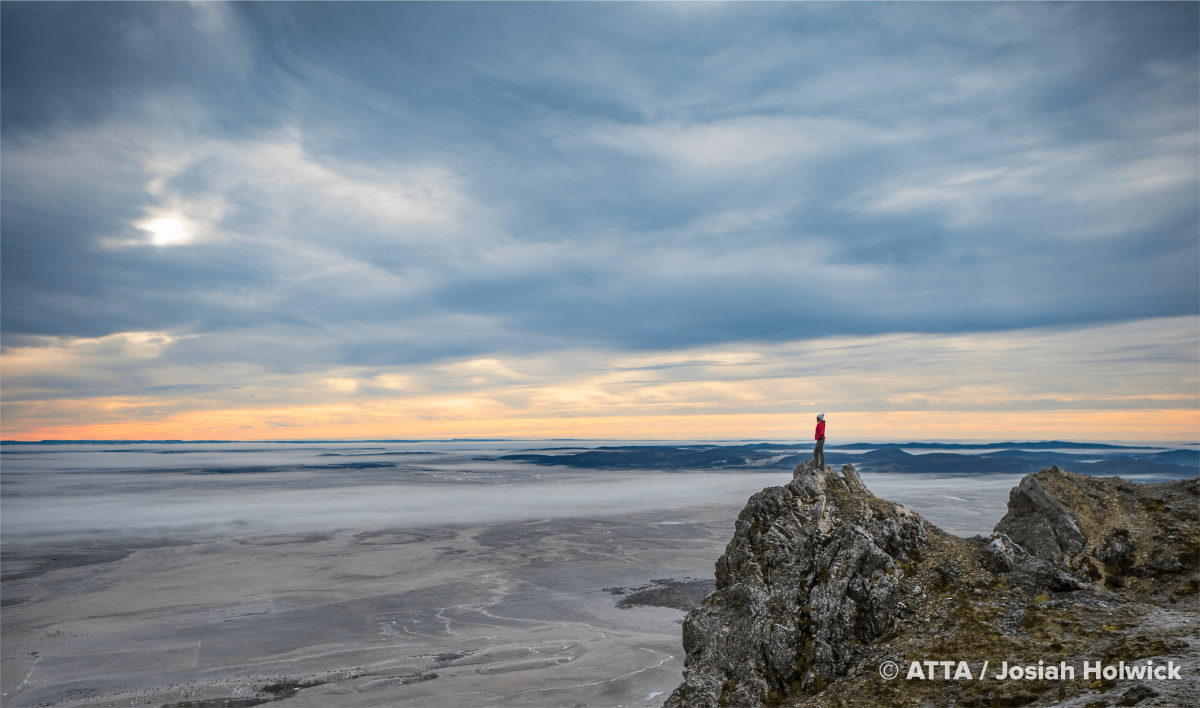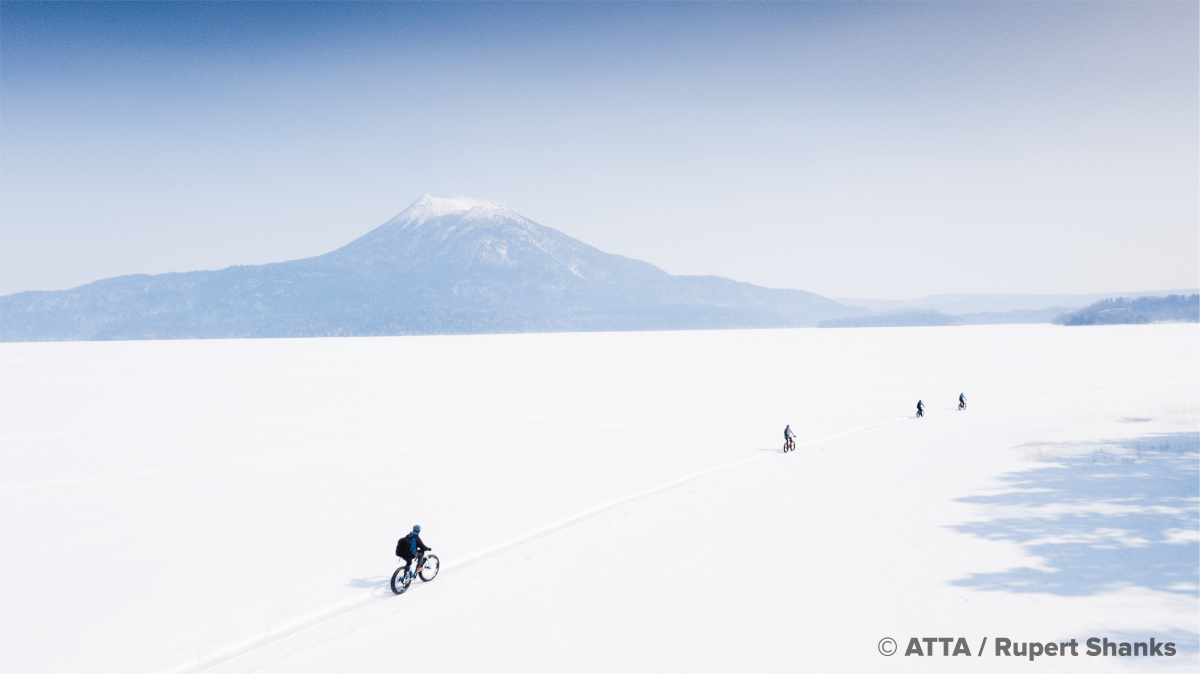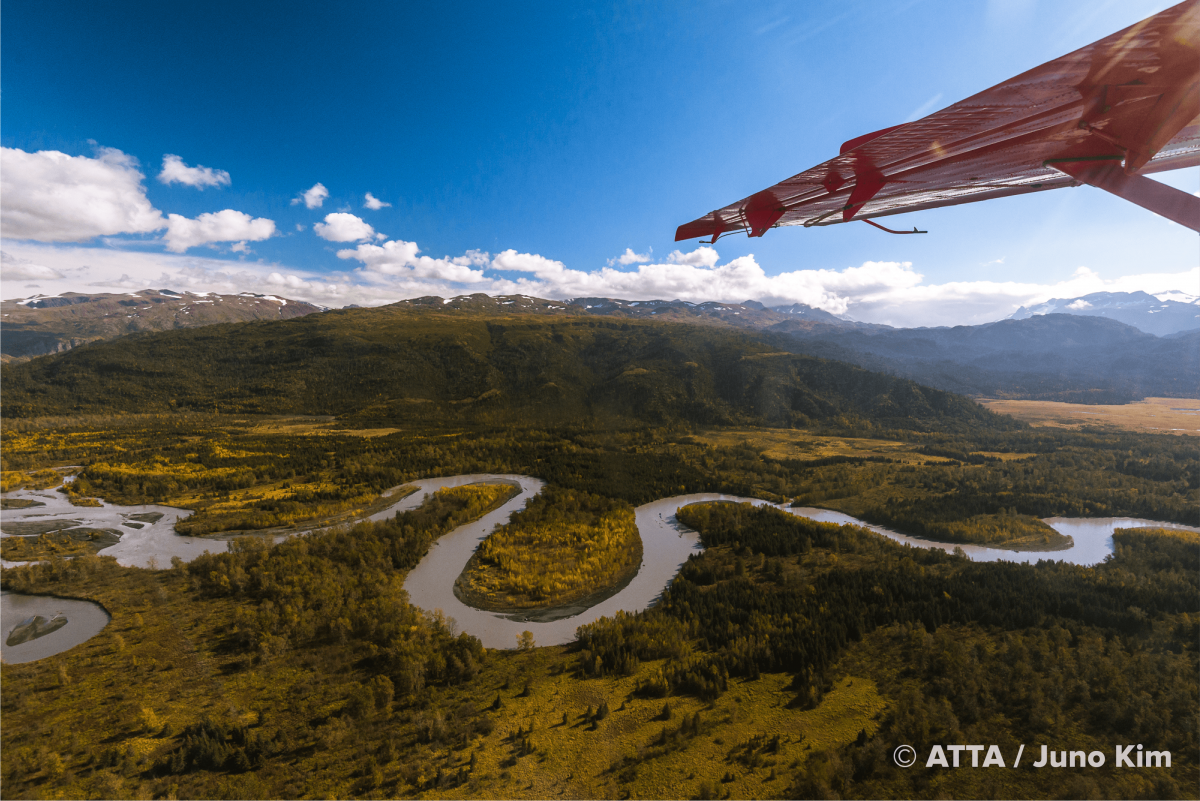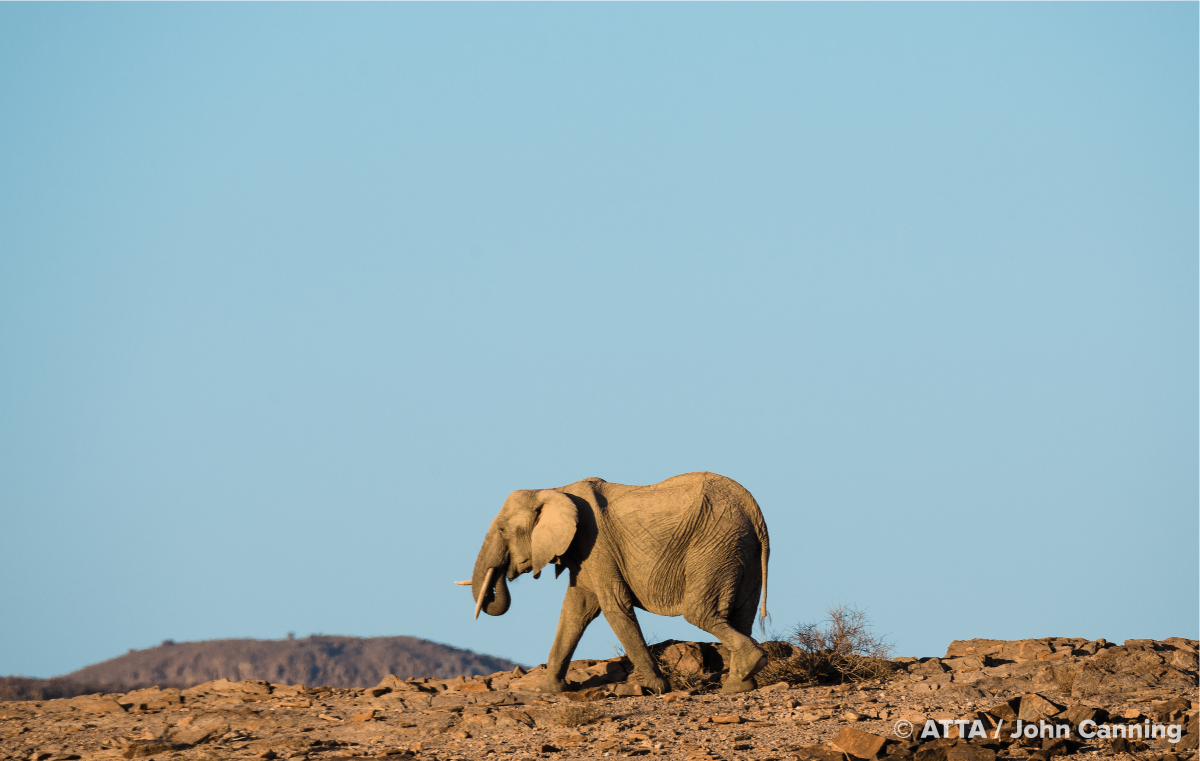By Chris Kassar
Make the world better while exploring it and this year will be your best yet

Ready or not, we’ve entered a new decade. A year that once seemed so futuristic – 2020 – is here. If you’re anything like us, you probably have big things planned, including a few travel-related goals. Perhaps your resolutions simply include, travel more, or maybe you’ve fleshed out a few specifics: Visit (life long dream destination), Try (mind-blowing activity), See (fascinating natural phenomenon).
This practice of reevaluating dreams and aspirations, fuels our imagination and stokes our inner adventure fire. But this year, we’re pushing further and we want to bring you along, beyond the lists of must-visits and must-dos toward more mindful, meaningful and responsible travel. Now more than ever it’s clear that we —the travelers, explorers, and adventurers who make up an ever-growing part of the global travel community—must consider the impact our travel choices have, and lead the charge to protect our planet and all of its inhabitants.
In this spirit, we share our resolutions; we hope they move you to look at not only where you want to go or what you want to do, but how.
1. Learn To Love the Off-Season

We are loving certain incredible places to death: Machu Picchu, Mount Everest, Santorini. Visitors are part of the cause, but we can change to be part of the solution. Fortunately, overtourism affects only a small part of the planet; there are plenty of equally incredible yet lesser-visited places scattered across the globe. Use travel as a force for good by exploring countries and regions that are new to tourism. If you’re truly set on visiting a tourist-pressured destination consider off-peak times or taking a different route through the area. See our next article in the Tips/Tricks Section (Traveling and Overtourism: How Can You Help?) for beta.
2. Explore Your Backyard
Forget the idea that all worthwhile travel requires covering thousands of miles, lots of money, or months of planning — instead, minimize your impact and dive deep into your own region. Check out online guides or apps to the nearest town or city and hit all the tourist highlights and hidden gems; try out unfamiliar bars, restaurants and cafés; use public transport. Hit the closest national park, national forest or wilderness area and hike or bike a new trail, or go on a guided adventure to learn something new. Whatever adventure looks like for you, we’re certain you’ll rediscover magic by experiencing the local through a new lens. Plus, mini-adventures will help you gain confidence in spontaneity, and develop and define your “go with the flow” muscle — two factors that will help make bigger travels much more pleasant.
3. Just Say No (to Single Use Plastics and More)
On average, each US resident creates over 4 pounds of trash per day and up to 56 tons of trash per year. 7 million paper cups are used daily in the UK. 500 million disposable plastic straws are used daily in the U.S. Globally, more than 1 million plastic bottles are sold every minute.
In a sustainable world, there’s no place for things that can only be used once, especially as recycling is not the silver bullet many of us hoped it was.
Just like at home, challenge yourself on the road to produce less waste by focusing on the 5 R’s: Refuse, Reduce, Reuse, Recycle, Rot (in that order). Originally brought to us by Bea Johnson, a pioneer in the zero waste movement, the first 3 R’s are especially accessible and important while traveling.
Refuse: Say no to what you don’t want or need. Refuse restaurant and airplane disposables (straws, sugar packets, cups, prepackaged meals, paper napkins, earbuds, and blankets wrapped in plastic), free samples (small soaps, shampoo, lotion in hotels), fliers handed out on streets.
Reduce: Small changes add up. Use your smartphone so you don’t need to print a boarding pass; Pack light and travel with just a carry-on: It’s cheaper than checking luggage and you avoid the non-recyclable bag-check stickers. Choose a sturdy, reusable luggage tag (there are lots of fun choices out there) instead of writing a paper tag each trip.
4. Embrace Your Inner NERD

Air travel will most likely account for the biggest portion of your trip in terms of emissions. A return-trip to the other side of the globe can emit a similar amount to the average human’s annual carbon footprint of 4.35 tons.
If you have to fly, you can still take actions to reduce the impact of your travel. Start by calculating the footprint of your flight. Myclimate.org, atmosfair.de and travelandclimate.org are reputable footprint calculators that can help you offset your individual emissions.
Dan Rutherford, the program director with the International Council on Clean Transportation has dedicated his life to finding solutions to climate change. He suggests flying like a NERD when air travel, one of the most carbon-intensive forms, is unavoidable:
NEW: Newer aircraft like the A320neo or Boeing 787 Dreamliner tend to more fuel-efficient.
ECONOMY: Flying economy class generates less emissions per passenger because there are more seats.
REGULAR: Choose medium-sized (regular) jets, which tend to be more fuel efficient, over very small regional jets or very large jets that burn more fuel.
DIRECT: Reduce fuel consumption by flying direct, without layovers.
Consider longer trips, too. Spend one, two or three weeks in one place rather than hitting 7 countries in 10 days. Choose airlines committed to low-emission technology and once you arrive, embrace human-powered transportation and/or public transit; you’ll get more exercise and have a chance to interact with local people. Learn more about how the ATTA is helping the adventure travel industry curb emissions through Neutral Together, a bulk carbon offset purchasing program and Tomorrow’s Air, a collective of travelers and travel businesses cleaning up carbon from the atmosphere through direct air capture.
5. “Hello!” “Goodbye.” “Thank You.”

Spending time in someone else’s home country is a privilege; at the same time, we can have a positive impact on the places and people we visit. Learn customs and respect them. Break down barriers by making an effort to communicate; simply learning “hello,” “goodbye,” “thank you,” and a few other key phrases can open the door to meaningful interactions with locals. Enrich your stay with cooking classes, homestays, and cultural tours with experienced local guides. Support locally-owned businesses at every turn, replace mass-produced souvenirs with local handcrafted goods and art, or invest in a unique local experience.
6. Not Everyone Cares What You Ate for Lunch in Prague
 This one is simple, but not always easy: give yourself permission to put down your phone and experience the present moment with no record of it. Talk to the stranger sitting next to you on the plane or in the café. Tune into your breath as you take in the sunset. Enjoy each bite of homemade tiramisu as it melts in your mouth. Trying to capture, document, and post about every single moment means you miss the sweetness of being in the now. Take photos here and there, but allow yourself to unplug for parts of your trip; engage, journal, watch, listen, be.
This one is simple, but not always easy: give yourself permission to put down your phone and experience the present moment with no record of it. Talk to the stranger sitting next to you on the plane or in the café. Tune into your breath as you take in the sunset. Enjoy each bite of homemade tiramisu as it melts in your mouth. Trying to capture, document, and post about every single moment means you miss the sweetness of being in the now. Take photos here and there, but allow yourself to unplug for parts of your trip; engage, journal, watch, listen, be.
7. Consider Animal Welfare

Certain tourist activities exploit domestic, working, or wild animals. If your trip involves any of these types of animals, be sure you’ve chosen a responsible tour operator that supports animal welfare. Wild animals are just that – wild. If we are lucky enough to see them, it should be without contact, interference, or harassment. Don’t handle, touch, feed or have any close contact with wild animals. Don’t ride wild animals, such as elephants. Avoid shows or performances with wild animals and activities that involve obvious animal cruelty (i.e. bullfighting). Learn more from this World Animal Protection guide to being animal-friendly on holiday.
Throughout your travels you may find wildlife and plant products for sale; some of these products may have been acquired through illegal poaching of protected animals or plants and may be illegal to bring home. Make informed buying choices and do your part to end the demand for illegal wildlife products that are decimating global populations of elephants, rhinos, tortoises and other endangered species around the world. Avoid all sea turtle and pangolin products, ivory (raw and carved), tiger products, rhino products, and all medicinals made from rhino, tiger, leopard, musk deer or Asiatic black bear. For a more comprehensive list and information on how to be an informed consumer, visit the Wildlife Trafficking Alliance’s ‘Buy Informed’ page.
8. Get Active on the Home Front

Climate consciousness reaches far beyond our travel decisions.
While evidence of climate change and its impacts are often brought into sharper focus when we travel, the real power of travel as a force for good in the world comes from the way our travels inspire us to action even after we’re back home. Keep your climate consciousness alive by engaging in local politics and initiatives for climate in your home environment and helping to ensure that the policies in your town and country support your values when it comes to climate and the environment.
While there are a number of actions we can take as individual travelers, systemic change will also require policy level action. Get involved in climate movements that call for bipartisan climate action, such as #climateuprising or the #extinctionrebellion movement. When researching your destination, look at the ways climate is impacting local regions, and think about avenues to get involved.